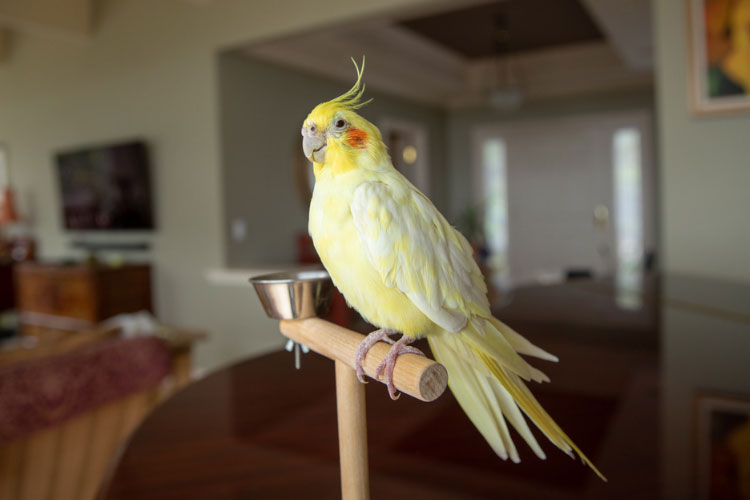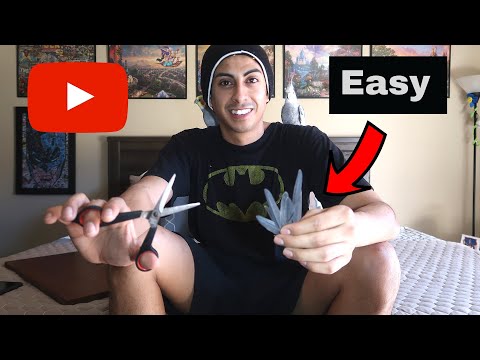Cockatiels have various types of feathers, including contour, down, and flight feathers, which are the longest. Now, when adopting a cockatiel, one of the decisions you must make is whether or not to clip its flight wings.
When it comes to clipping cockatiel wings, you probably wonder, “is it cruel? how to do it at home?” Trimming some of your bird’s primary flight feathers is not cruel if you do it correctly and for safety reasons. Besides, the process is not painful, and these feathers usually regrow back over time. All you need are sharp scissors, a towel, or a pair of hands to help you restrain your cockatiel.
Nevertheless, is it okay to clip baby cockatiel’s wings, and how long do these take to grow back? We did thorough research, and here is what we found about this.
Should I Clip My Cockatiels Wings?
Yes, you should clip your bird’s flight feathers as long as it is for safety reasons only. After all, clipping the wings is not painful if it is done correctly. Not to mention, your bird can still fly, but not as smoothly as before. Other reasons to clip your cockatiel’s wings include;
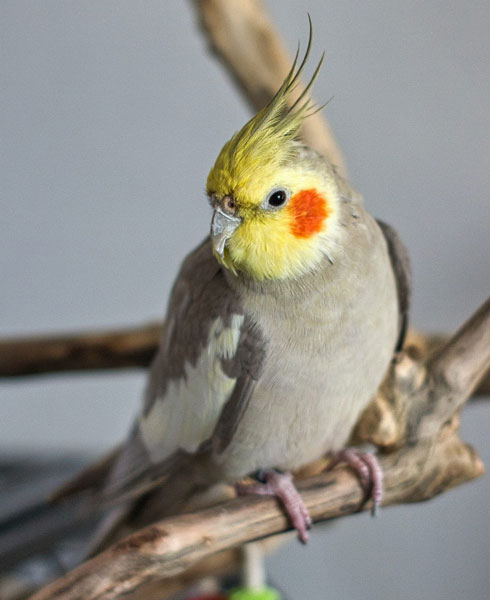
Prevent accidental escape
If you don’t clip the wings, your bird may fly away through an open window or door when you least expect it. And when this happens, it may not survive out in the wild if it has been bred in captivity from birt
Extra safety around the house
When you let your cockatiel out of the cage, it may encounter a lot of dangers in the house. For instance, your bird may run into hot liquids, ceiling fans, ovens, sinks, or even mirrors and get injured. Trimming the wings helps keep your bird out of danger.
Ease of taming
Taming a cockatiel with clipped wing feathers is a lot easier. This is because your bird cannot fly very fast or far away, making it easier to get hold of it.
May strengthen your bond
Trimming your bird’s wings will make it more reliant on you. With time, this may help enhance your relationship with the cockatiel.
Is It Cruel To Clip A Cockatiels Wings?
No, as long as you do it for the right reasons, which is safety. This is because a fully flighted cockatiel can fly anywhere around the house and get injured. It could also fly off and never to be found. Below are other reasons why wing clipping is not cruel.
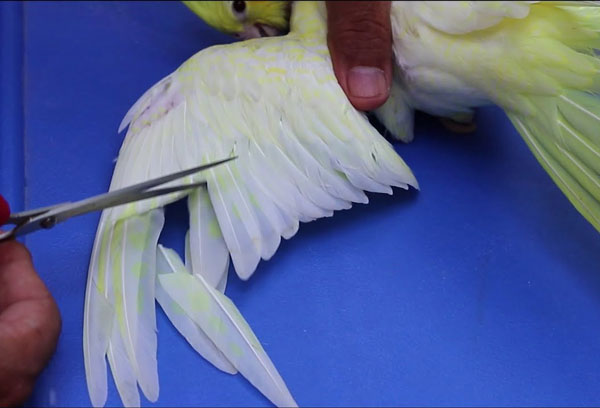
Cockatiels can still fly
Your cockatiel can still fly after clipping its wings but not as high or far as before. This is because you don’t cut all the flight feathers. In addition, your bird will still have its covert feathers intact. These feathers allow your cockatiel to glide through the air steadily and land safely on the ground.
Results are not permanent
The process of trimming your bird’s wings is not permanent. These feathers usually regrow back after the molting cycle when your bird sheds its old feathers to form new ones.
Process not painful
Trimming your cockatiels flight feathers does not hurt. This is because there are no tissue or nerve endings that you must cut through. The process also does not cause extreme discomfort; it’s like trimming your fingernails.
How To Clip Cockatiel’s Wings At Home
You can clip your bird’s wings at home if there is no avian vet near you. It is also cheaper to do so by yourself. So, below is a step-by-step guide on how to do it.
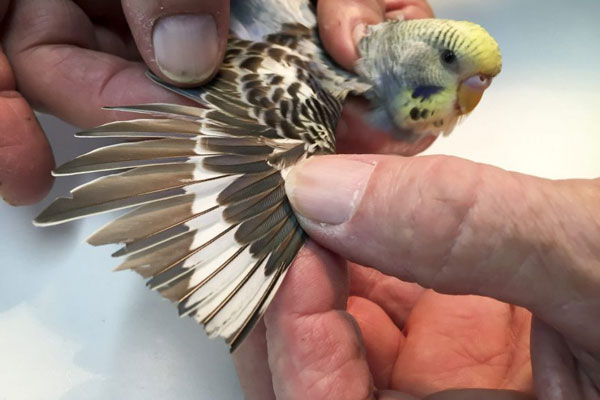
Step 1: Gather your supplies
You will need a couple of things to clip your cockatiels flight feathers, including:
- Sharp and clean scissors
- Small, thick towel
- Styptic powder, cornstarch, or flour
- A pair of extra hands
Step 2: Choose a quiet location
Once you have the clipping supplies, find a quiet spot in your home away from your bird’s cage. This is because any sudden noise or sound can easily scare your cockatiel.
Step 3: Restrain your cockatiel
Get your small towel and wrap it around your bird’s body to ensure it does not flip its wings. If you feel this is not enough, you could have someone’s help holding the cockatiel firmly for you.
Step 4: Locate the flight feathers
Cockatiels have two main types of feathers, including coverts and flight. Flight feathers are the longest, and you can find them in the wings and tail of your bird. Note that your cockatiel has 10 primary and 10 secondary flight feathers on each wing.
Step 5: Begin clipping the wings
Next up, extend one of your cockatiel’s wings. Then, get hold of the primary feathers and clip four to six using scissors. For the best results, trim each feather at a time and a 1/4-inch below the covert feathers. Repeat this on the other wing, but don’t clip more than 10 primary feathers.
However, don’t clip the secondary flight feathers located close to the body. Also, be careful not to cut any newly grown or blood feathers because they will bleed. But if you accidentally cut the blood feathers, you use the styptic powder to stop the bleeding.
Check out this video on how to correctly trim your cockatiel’s wings at home:
How Long Does It Take For The Clipped Wings To Regrow?
The time varies based on how close your cockatiel is to its molting cycle. Typically, your bird will experience its first molt at the age of 6 and 12 months. After this, you can expect your cockatiel to lose its old feathers once or twice a year.
Therefore, the clipped flight feathers may take about 6 and 18 months to grow back. For this reason, you must trim the wings every 1-3 months after the beginning of the molting process. Simply, you should re-trim the feathers as new ones grow back to prevent your cockatiel from gaining its full flight ability.
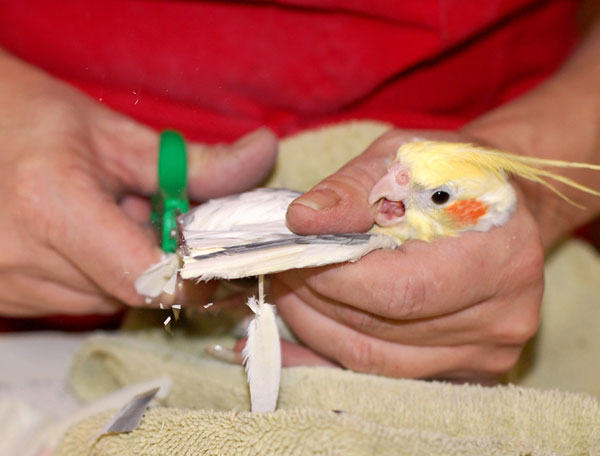
Can I Clip Baby Cockatiels Wings?
No. It is cruel to trim your baby cockatiel’s flight feathers during the fledgling stage. If you clip your bird’s wings just when they are being newly formed, it may not develop the critical muscles for flying. This means your cockatiel may not be able to flutter as an adult, which is cruel to your bird.
Consequently, before clipping your baby cockatiels wings, you should let it learn and enjoy flying for several weeks. In other words, your bird should enjoy as much physical and mental stimulation before trimming its wings.
When Not To Clip Cockatiels’ Wings?
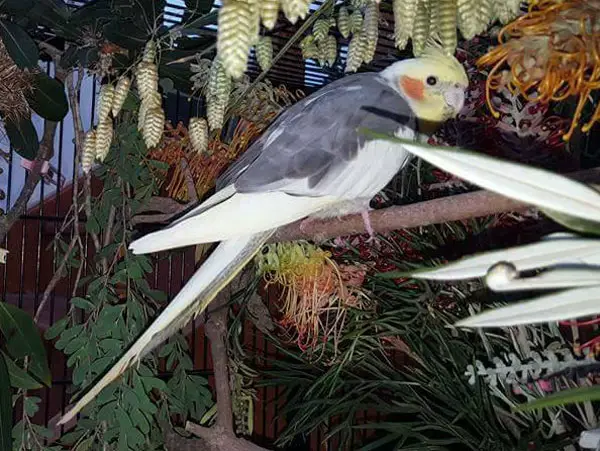
Although it’s okay to clip your cockatiel’s wings to keep the bird safe, there are some instances when you should not do it. These include when you have the following:
- An overweight cockatiel that needs to shed some weight
- A household with various potential predatory pets
- Show birds (have higher chances of winning with full feathers)
- A young bird that is yet to learn to fly
FAQs
Below, we will look at commonly asked questions about clipping your cockatiel’s wings, including how to do it.
Typically, you must trim your bird’s wings at least every 1-3 months after the beginning of every molt cycle. So, you must check for the growth of new flight feathers regularly.
Yes, cockatiels do get sad, especially during the first cut. Usually, your cockatiel should recover within a day or two. But once your bird gets used to having its wings clipped, this should not happen.
A cockatiel is a medium-sized bird. Therefore, clipping its wings should cost you approximately $15. However, the prices may vary depending on your location and the reputation of the avian vet clinic you visit.
Key Takeaways
Clipping cockatiel wings may have some cons, however, the practice is not cruel if it is done for safety reasons. The best thing is that you can trim your bird’s flight feathers at home using a pair of razor-sharp scissors. Even better, these feathers usually regrow within 6 to 18 months. However, before the bird can fly, you must never clip a baby cockatiel’s wings.
